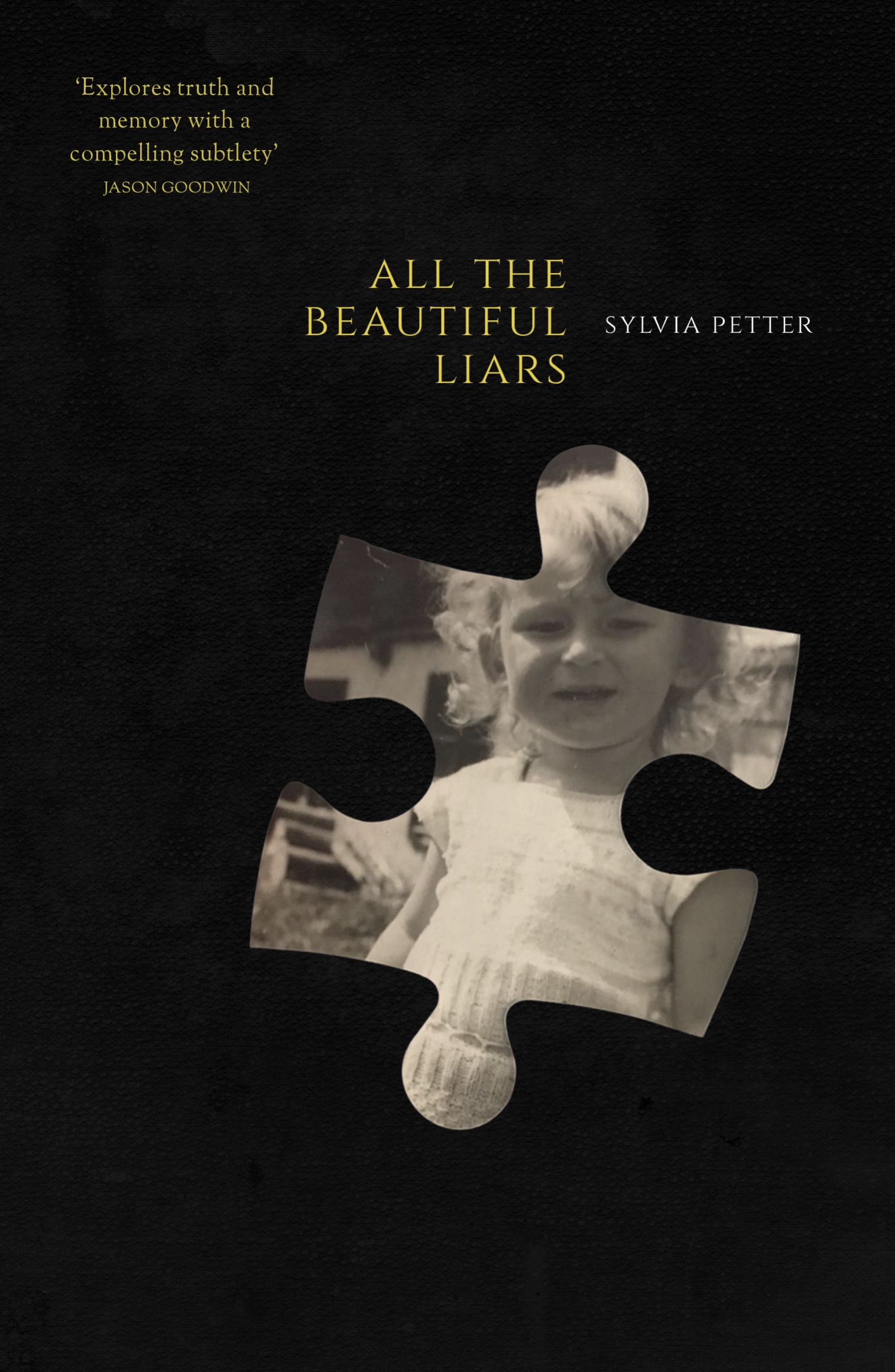A tiny article in this morning´s KURIER noted that the US Embassy´s “NSA-Villa” which apparently kept tabs on all telecommunications in Vienna and beyond will close down in 2017 and its “Open Source Centre” will move to London. Interesting timing, I thought.
It´s been all about timing lately with a flurry of talks hosted by the US Embassy at Vienna´s Amerika Haus in what looks like a last-ditch effort to share the concerns of the American people in this unprecedented period of diplomacy on the run before the arrival of a new Ambassador, possibly a fan of The Sound of Music. In my last post Dr Hamilton, explaining the forces at work that enabled a Trump presidency and a possible impact on Europe, advised putting on our seatbelts.
On Tuesday night, as part of Black History Month, roving Fulbright Scholar Dr Nishani Frazier, gave a talk: Lonely are the Brave: The Enduring Black American Fight for Equality in School Education. The audience was a predominantly young one with some high-school classes.
Dr Frazier traced the history of school segregation and how Bruce W. Klunder, a white Presbyterian minister and civil rights activist lost his life protesting school segregation in Cleveland, Ohio, home of Betsy De Vos, US Education Secretary. Governed by law in the Southern States, school segregation is approached more insidiously in the Northern ones where it is linked to the housing market in black and white districts.
Watch and listen as John Oliver sums things up and this before President Trump started throwing his weight around.
Dr Frazier told her own personal story about having been “tracked”, a sort of internal segregation, executed without testing where it was presumed that she was not capable of more because of the colour of her skin. Luckily, her mother stood up to the school and she was able to join a higher class. A rough overview of tracking includes the race-based tracking in school desegregation to which Dr Frazier was exposed.
The Trump administration and the disputed De Vos Education Department may make things even more difficult, but should not stop Americans from seeking ways out. School cannot change society, but society needs school. As a young woman in the audience pointed out:
Surely a good education for all is good for the economy and so good for society.
Maybe this argument needs to be highlighted; maybe examples where things work should be sought, rather than looking at countries like Australia and South Africa, themselves struggling with an education gap.
Dr Frazier felt that there was a need to be open about the multiplicity of humanity and have more tolerance, that tracking was not the answer. Scandinavian examples of the same monies being allocated to schools across the board could be examined. Curriculum instead of encouraging learning to the test should really be about teaching children to learn.
I came away very moved by things Dr Frazier said. The crux, I think resides in one place, even in Austria: the parental influence of “us” being better than “them”. I know from the experience of having had our own daughter in a multicultural environment from a pre-kindergarten age that children can interact on an equal level.
It is often the adults who foul things up, more often than not driven by and for their own egos.
Next week I´ll be attending two more talks on a post-election analysis at Amerika Haus.
Until then, onwards.



Sad that it is such a good article and non fiction instead of fiction.
The borders between the two, between any genres, are so fuzzy now. Maybe this is also due to the upsurge of interest in creative non-fiction and memoir. I still see the lies of fiction holding a greater truth than the so-called truths expressed by liars inhabiting alternative worlds, especially when the lies are expressed by those wallowing in their own ignorance.
And thank you, Ginger. Glad you´re still on board. Must try and find out why only the first line came through.
Interesting article. Thanks for sharing.